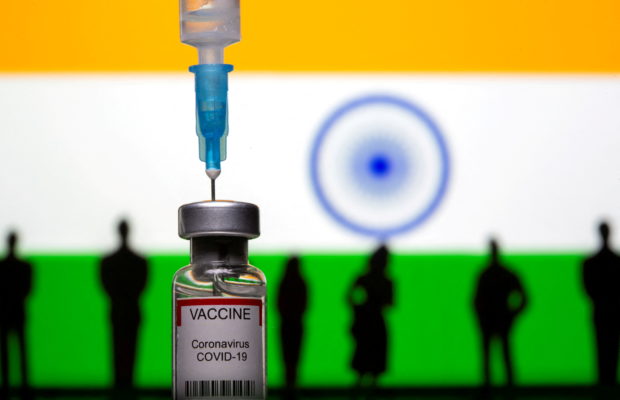Viral vector, mRNA work vs Omicron – study

REUTERS File Photo
MANILA, Philippines — A fourth dose or second booster of a viral vector or mRNA vaccine, two COVID-19 jab types currently in the country’s inventory, was found to be highly effective at preventing infections caused by the Omicron strain, according to a study of Thailand’s Chiang Mai University in June.
AstraZeneca Philippines said in a statement on Friday that its COVID-19 recombinant vaccine had a 73-percent effectiveness against the more transmissible and “immune-escaping” Omicron when used as a fourth dose or second booster on top of any primary or first booster shot.
The same study also found that mRNA vaccines also showed high effectiveness at 71 percent. The study was conducted during the Omicron surge in Thailand from February to April this year.
Another Omicron sublineage, BA.2.75 or the so-called “Centaurus,” has found its way to neighboring Thailand last week.
Sought for comment on this emerging subvariant, Maria Rosario Vergeire, officer in charge and undersecretary of the Department of Health (DOH), said on Friday that this was seen to be “much transmissible,” but there was still insufficient evidence about its severity.
Article continues after this advertisementThe DOH is set to launch its “PinasLakas” booster drive on Tuesday. According to the July 21 data of the DOH, 15.8 million or only 20.2 percent of the target population availed of first booster shots, while only 1.1 million among the eligible groups went to get their second boosters.
Article continues after this advertisement—KATHLEEN DE VILLA
RELATED STORY
Moderna to build UK center for mRNA vaccines